|
How do you deal with writer’s block?
I write a book review to get me started.
Summing up a book, adding my thoughts on it and editing for snappy
presentation are all good exercises.
Then my mind is already set in writing mode and the words flow easily.
Calling a book a romance or not?
I review a lot of romance and these categories are currently understood by readers.
Romance by itself sounds very old-fashioned.
Erotic romance is the Fifty Shades, readers understand there will be a great deal of sex.
Clean / sweet romance has a massive market and the emphasis is on relationship, context,
challenges, personal growth. No sex. It may happen once but the bedroom door shuts. Usually not.
Contemporary romance - expect some sex.
Inspirational romance will be clean romance with a Christian theme.
Amish inspirational romance. As described, and a huge subset market.
Historical romance. Can be hot, clean, erotic, inspirational, western, etc.
Paranormal romance - usually some sex.
Science fiction romance - may contain sex or not. SF readers aren't in it for sex. But they'll be interested.
Romantic suspense - add a category above to this adventure.
Should I enter writing contests?
These days great writing contests are available for young people, unlike while I was at school. I would
definitely advise a young person to enter all the story, essay and poetry contests they can enter for free.
As well as learning about the form required, they will learn about the subject and research, even if just
correct spelling. They might win some prize, large or small. A writing prize is a source of pride for the
student's family and school. A local newspaper might be interested and the achievement could be put on the
student's CV. I met a young lady who won herself a scholarship to an elite boarding school in America.
Annually since 2014 I have been a judge on New Voices Young Writers; I have enjoyed this tremendously and read
some marvellous pieces. This is a global youth contest with distinct age bands.
http://newvoicesyoungwriters.com
For adults, I would suggest entering free writing contests. If you haven't done this, you will learn. You
may be spurred to create a new piece or to dust off and improve an old idea. The topic won't always be ideal
for you, but that is good practice. Stories might be saleable to magazines or sites later. If you have sent
off a book to a publisher or agent, enter story contests to give yourself something to do while waiting.
Don't spend too much time on this process if you really want to write books. Pick your contests.
Beware of paying to enter contests. Try one or two paying ones, if the fee is small. A local contest will
give you better odds. I saw on a contest held in Ireland that two of the top ten shortlisted entries were
from Ireland; the other eight were from America.
Many contests specifically exclude independent publishers. The Sunday Times short story contest, for example,
is a great contest only if you are trad published. Restricted to those who have had a book published by a
major publisher, which is available in shops in print form (last time I looked). Publishing yourself does
not count; e-books do not count. Try to get a story into a print anthology.
You do need to write to suit the judges. Look at what they have written. Read some material in a library
or bookshop if you are unfamiliar with them.
Bear in mind that any contest will attract a certain amount of dross entries among the, we hope larger
amount, of gold. The first thing you must do is make sure you are not eliminated for something silly,
because judges can be swamped and looking to weed out the dross fast. Follow the rules exactly.
In a major contest, quite likely the judges are only going to read a selection, the longer long list.
An admin person will do the weeding so as not to waste their time on entries that do not qualify. Handwritten
or with the writer's name on if that is forbidden, excessive word count, received late etc. You want to make
the longer long list. The judges will then read and form a longlist. Special academic software and Google will
inform the judge if an item has already been published, which may be part of the regulations.
Sadly most of the book contests are limited to those published by major publishers. Those which are open to
independent publishers as well, especially if decided by popular vote, usually don't benefit the indie
writer because it's hard to get well known or get a book sold to enough voters in the same year as it is published.
Beware of contests run on a social site page and decided by votes from readers. These may be excellent or may
come down to who can summon the most Facebook followers. Look at past years and use your own judgement.
Do not expect a contest win to influence a publisher, unless it is a Golden Dagger for your crime novel. In general,
to get an award that publishers respect, your book must have already been published traditionally. You might get
lucky if the publisher is sponsoring the contest. Otherwise, chances are they do not even read your submission if
you are new, so they never know or care that you won a short story award. Write for yourself. Enjoy the contest.
Getting on a longlist is fun, and on a shortlist even better. You may end up with a nice quote from a well-known
author about your work, and who could ask for more?
|
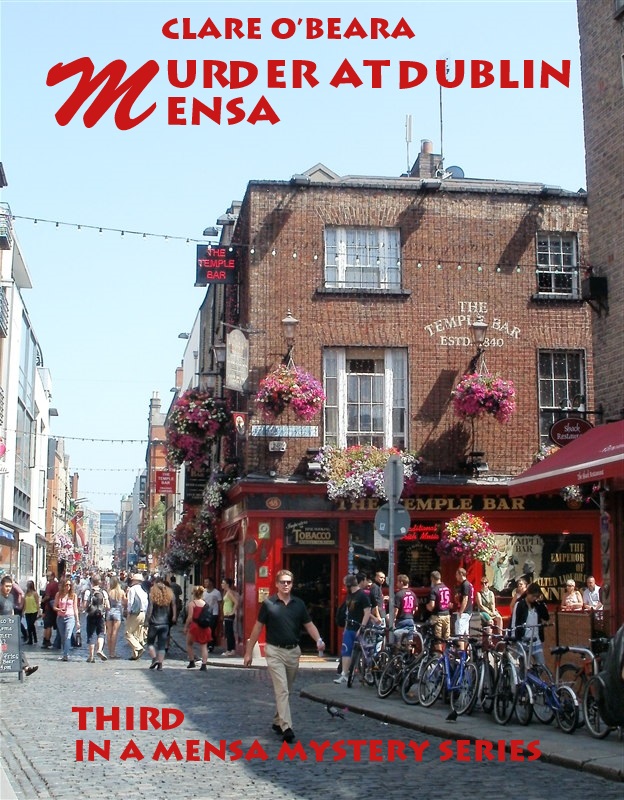 I published independently because Irish publishers were not interested
in publishing an unknown author. I did meet professional and
friendly publishers in Wolfhound Press in Dublin some years ago, who
sent my Young Adult work out to readers of the appropriate age and
returned their comments to me - very helpful. The work was not accepted
because the publishers were moving in a different direction.
I published independently because Irish publishers were not interested
in publishing an unknown author. I did meet professional and
friendly publishers in Wolfhound Press in Dublin some years ago, who
sent my Young Adult work out to readers of the appropriate age and
returned their comments to me - very helpful. The work was not accepted
because the publishers were moving in a different direction. 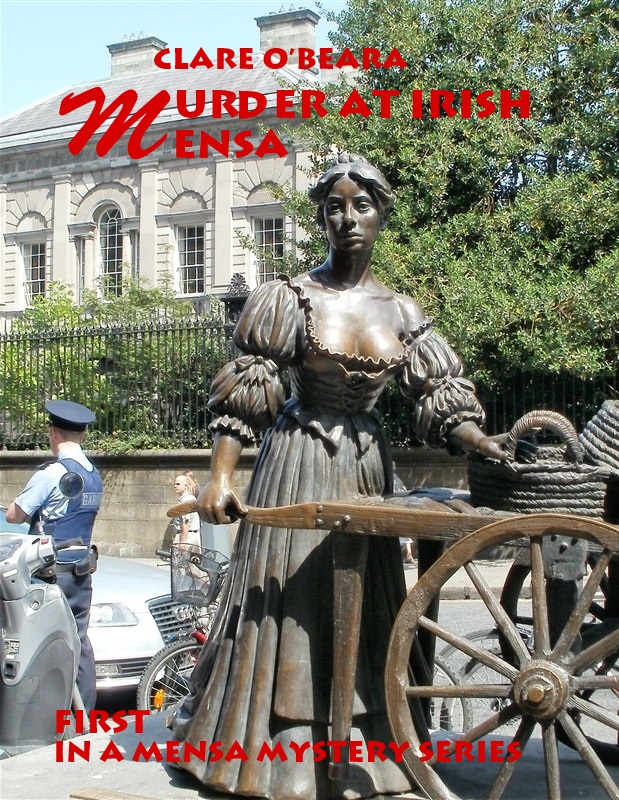 I had been reviewing books for years. I started reviewing books online
and was invited to review on Fresh Fiction, a site based in Texas; they
send me e-books. I had a short romance written, intended for an e-book,
when an SF story took over my life and I spent a year researching,
writing and revising it.
I had been reviewing books for years. I started reviewing books online
and was invited to review on Fresh Fiction, a site based in Texas; they
send me e-books. I had a short romance written, intended for an e-book,
when an SF story took over my life and I spent a year researching,
writing and revising it.
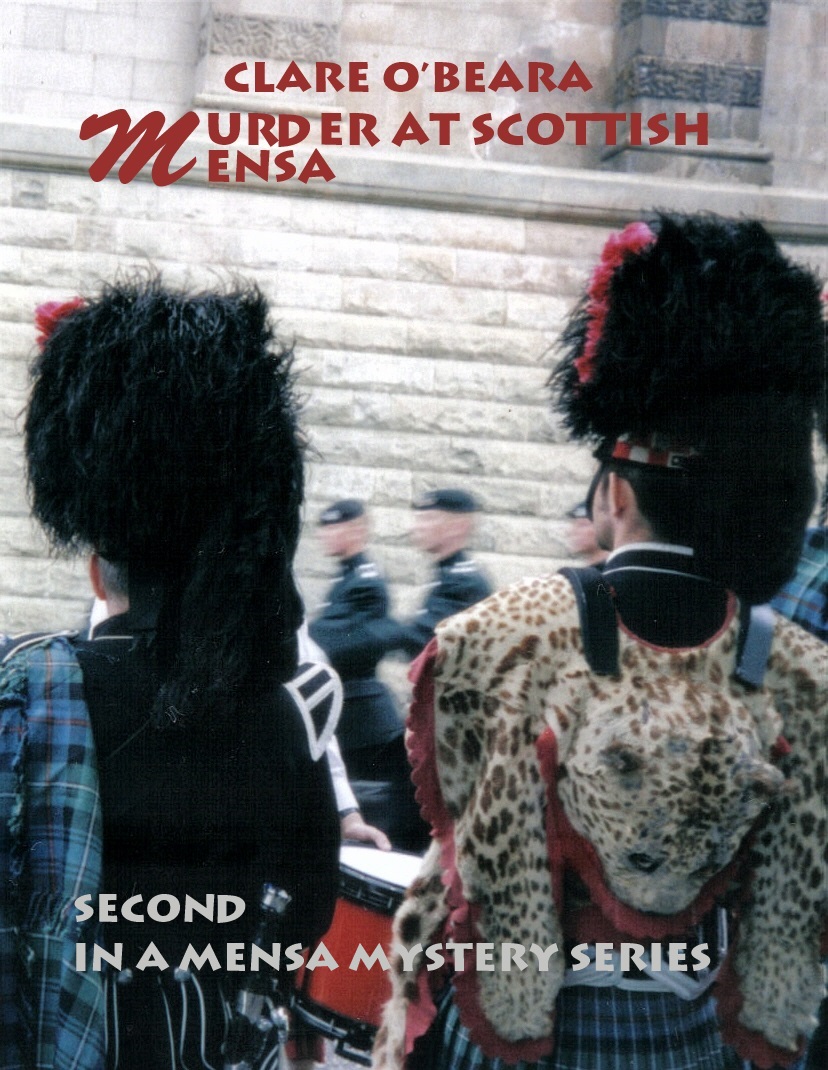 you can opt for thirty-five percent. If you want
to have free days as a publicity stunt you have to opt in to a special
programme. Amazon stores in each country send the money to your bank,
after a sixty-day wait. A few countries require an earning of
ten units of their currency before forwarding.
you can opt for thirty-five percent. If you want
to have free days as a publicity stunt you have to opt in to a special
programme. Amazon stores in each country send the money to your bank,
after a sixty-day wait. A few countries require an earning of
ten units of their currency before forwarding. further point a country estate is shown being managed in an organic manner.
further point a country estate is shown being managed in an organic manner.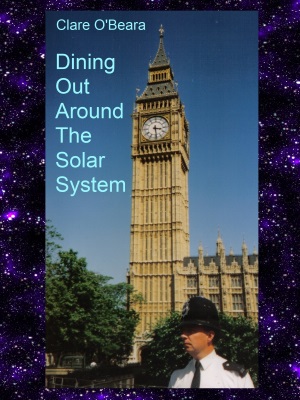 I can tell you what helped me a lot. This was writing and submitting
short stories and articles for a society newsletter which had a tight
word count. Maybe one A4 page, maybe half that length. First I would
write my story or item. Then I would go over it to eliminate repetition
and to see if I could use one good word in place of two or three weak
ones.
I can tell you what helped me a lot. This was writing and submitting
short stories and articles for a society newsletter which had a tight
word count. Maybe one A4 page, maybe half that length. First I would
write my story or item. Then I would go over it to eliminate repetition
and to see if I could use one good word in place of two or three weak
ones.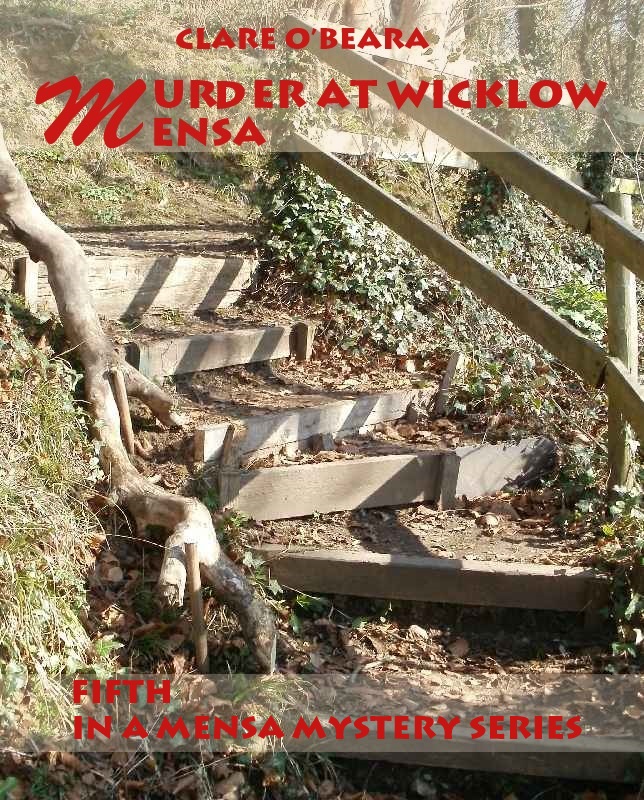 about or demonstrate matters that the reader needs to
understand. However, in real life people do not go around explaining
how their job works to people who already know this; which is why many
stories introduce a newcomer who has to be shown the ropes.
Science fiction does run into this problem because people in the future
or on a spaceship know about their lives but the reader does
not. This can produce famous lines beginning with "As you
know, Captain..."
about or demonstrate matters that the reader needs to
understand. However, in real life people do not go around explaining
how their job works to people who already know this; which is why many
stories introduce a newcomer who has to be shown the ropes.
Science fiction does run into this problem because people in the future
or on a spaceship know about their lives but the reader does
not. This can produce famous lines beginning with "As you
know, Captain..."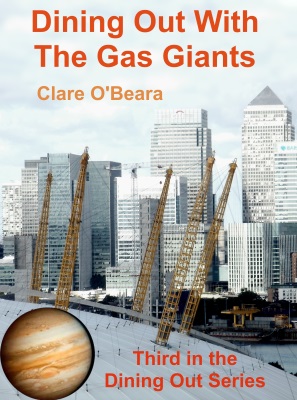
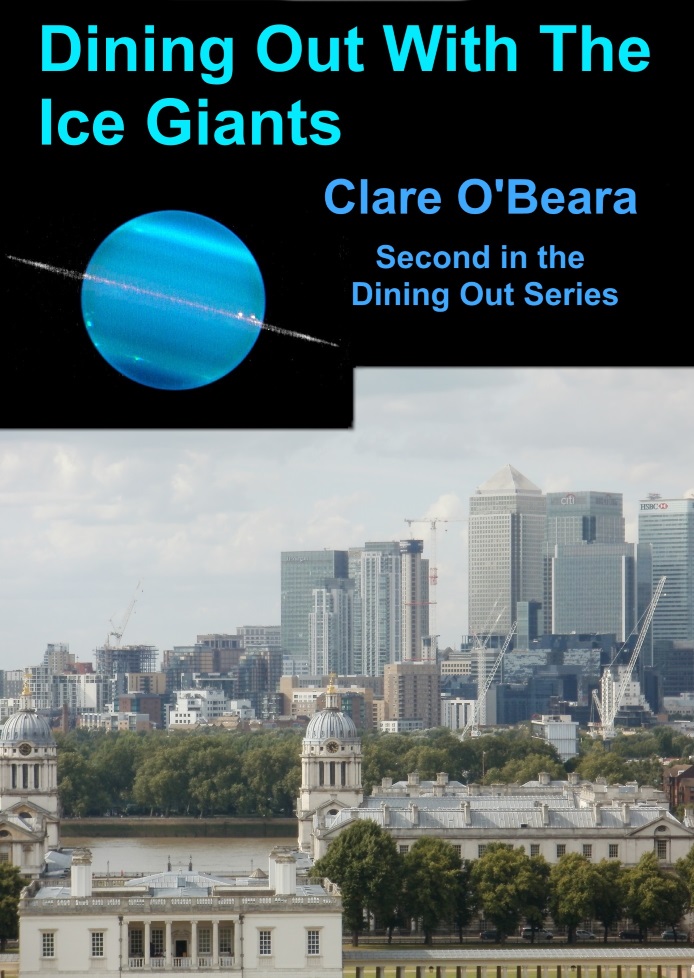

 you are
writing. Then click on that reviewer's details. Some will have
a contact e-dress on the profile page or you can send a Goodreads
in-mail - if so, you could ask politely if they would have time to
review your book. Publicists do this, so why can't you? I know it can
be hard to be brave enough when it is your own work, but all they can
say is no. Be careful that your mail doesn't come across as spam. If
you're lucky they'll accept. You'll be in a queue, get used to it and
do not keep asking when the review will appear.
you are
writing. Then click on that reviewer's details. Some will have
a contact e-dress on the profile page or you can send a Goodreads
in-mail - if so, you could ask politely if they would have time to
review your book. Publicists do this, so why can't you? I know it can
be hard to be brave enough when it is your own work, but all they can
say is no. Be careful that your mail doesn't come across as spam. If
you're lucky they'll accept. You'll be in a queue, get used to it and
do not keep asking when the review will appear.